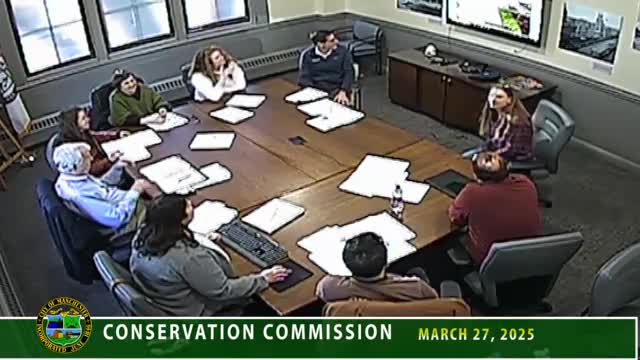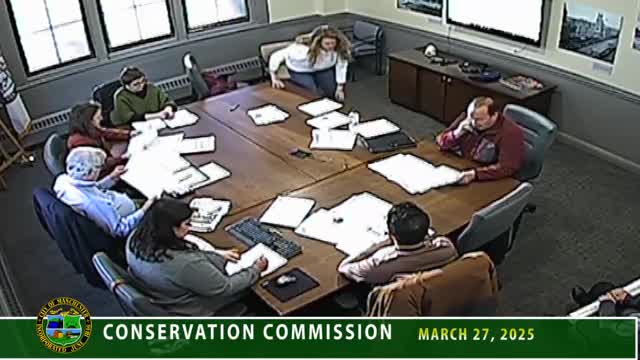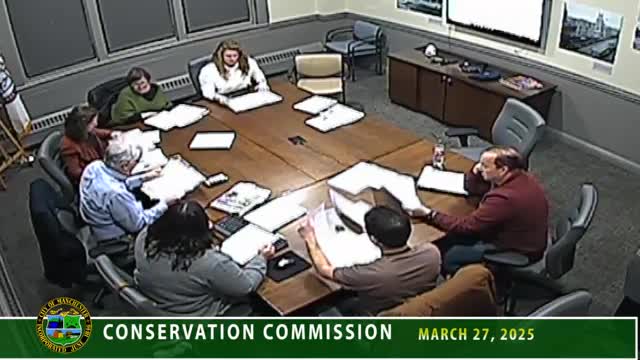Article not found
This article is no longer available. But don't worry—we've gathered other articles that discuss the same topic.

Nature Conservancy urges Manchester to keep Cedar Swamp in conservation zoning, seeks 200‑foot buffer for innovation district

Conservation commission backs Cohass Avenue drainage fix; city seeks NHDES wetlands permit

